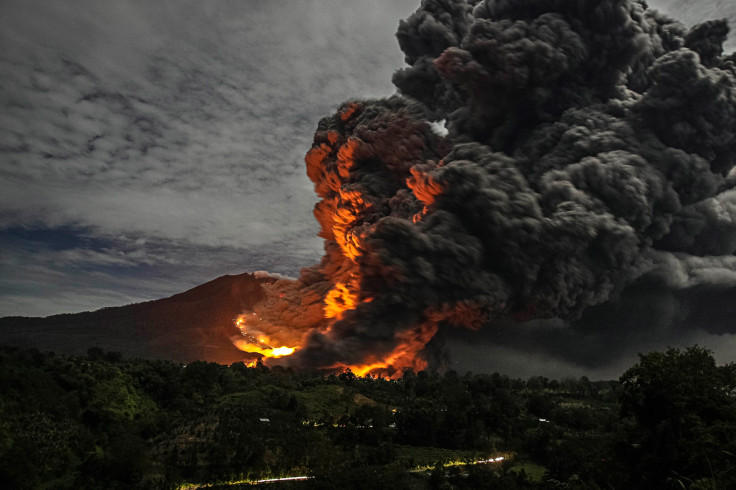World's deadliest volcanoes revealed in United Nations report

The world's most dangerous volcanoes have been revealed by scientists in a report due to be released by the United Nations.
The report, by the United Nations Office for Disaster Risk Reduction, will for the first time provide a detailed assessment of global volcanic risk, giving details on the deadliest volcanoes to save lives through prevention and response measurements.
Predicting exactly when a volcano will erupt is impossible. There are some warning signs, such as increased seismic activity, but details can be misleading. Tremors are very common at active volcanoes, and can often occur without being associated with an eruption, for example.
According to Nature magazine, the report, which will be released on 4 March, aims to provide numbers on exactly who is at risk from eruptions.
Jean-Christophe Komorowski, a volcanologist at the Institute of Earth Physics in Paris, said: "For the first time, we really have a shared understanding of volcanic activity at the global scale. This is a major turning point."
Authors looked through a database of 9,500 eruptions over the last 10,000 years to look at how often a given volcano erupted and what physical hazards it posed – for example, those in the peaks of the Andes could send ice and floodwaters into nearby villages.
They worked out how many people live within 10, 30 and 100km of the volcano to find out the highest risk volcanoes and the residents living in harm's way.
Findings showed 62 volcanoes fell into the highest risk category – including Mount Merapi in Indonesia, which erupts fairly frequently. Indonesia, which is located on the Ring of Fire, was most threatened, the report said.
Other areas at risk include the Auvergne region of France, which has had eruptions over the last few thousand years and Auckland in New Zealand, with the city lying directly above a volcanic field the eruptive history of which is not well known.
Volcanic soil is often very fertile and the altitude provides good living conditions: "Volcanoes are extremely attractive areas to live," Jenni Barclay, a volcanologist at the University of East Anglia, explained.
The authors also highlight the importance of monitoring equipment and an organised response to any potential threat: "We want to showcase what volcanologists around the world are doing," survey leader Sue Loughlin added.
© Copyright IBTimes 2025. All rights reserved.






















